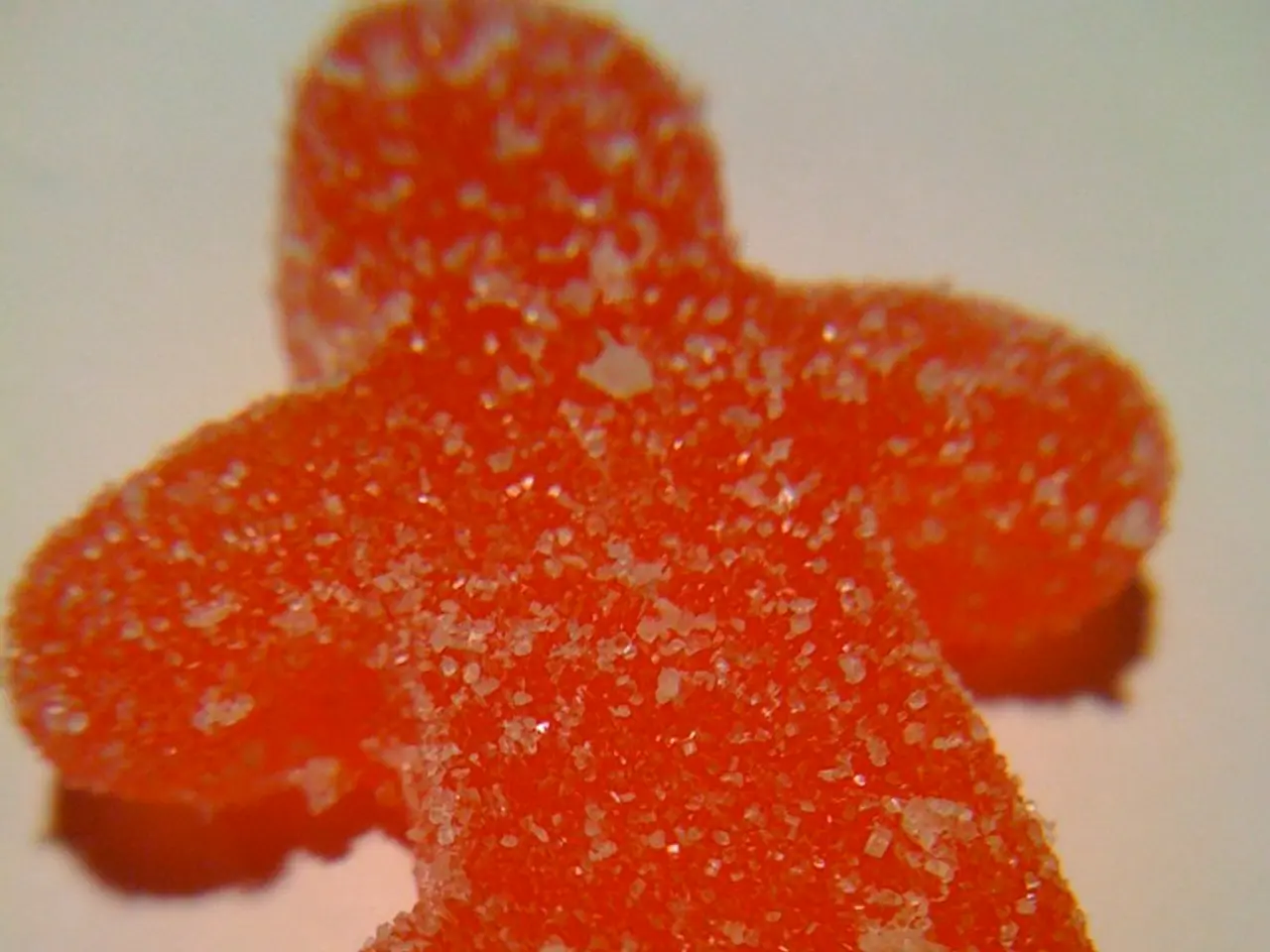Explanation by Gastroenterologist Sergey Vyalov on why we find sweets appealing and strategies for breaking the sweet tooth habit
In the pursuit of balanced eating, constant cravings for sweets can often pose a challenge. These cravings, arising from biological and psychological factors, can lead to fluctuations in blood glucose and activate the brain’s reward system.
The brain requires fat for proper function, and a lack of it in the diet can lead to an increased craving for sweets as a compensation for energy. To address this, it's essential to maintain a balanced diet rich in fiber, protein, and healthy fats.
Constant sweet cravings can also stem from nutritional deficiencies, such as those in magnesium, chromium, and zinc. These minerals support glucose metabolism and insulin synthesis, and addressing deficiencies can help reduce the craving for sweets. Chromium can be found in foods like broccoli, liver, eggs, and nuts, while zinc is abundant in seafood.
Poor sleep quality, stress, and emotional triggers such as anxiety or boredom can also intensify cravings. Improving sleep quality, managing stress, and identifying and changing emotional triggers linked to sugary rewards are crucial steps in overcoming these cravings.
Modifying behavioral patterns and limiting environmental triggers can further help. This might involve replacing sweets with healthier alternatives, reducing exposure to sugary food advertising, and avoiding late-night dinners, as they can increase morning cravings for sweets.
Hydration is another essential factor. Drinking enough water prevents misinterpreting thirst as hunger, thereby reducing the urge for sweets.
It's important to note that sugar is not the enemy if its place in the diet is controlled. However, replacing sugar with fructose is a common mistake, as excess fructose is harmful and overloads the liver. A complete ban on sweets can also lead to binges and overeating.
By implementing these strategies, you can reset both the biological impulses and psychological habits that sustain constant sweet cravings. This approach, combined with patience and persistence, can lead to a healthier, more balanced diet.
References:
- Sugar Cravings
- Why You Crave Sugar and How to Beat It
- How to Break Your Sugar Addiction in 10 Days
- Enhancing mental health through a balanced diet is key, as deficiencies in minerals like magnesium, chromium, and zinc, which contribute to glucose metabolism and insulin synthesis, can intensify cravings for sweets. (nutrition, mental-health, sugar)
- Engaging in regular fitness and exercise, along with healthy meal planning that includes fiber, protein, and healthy fats, can help manage cravings and promote overall health-and-wellness. (fitness-and-exercise, science, health-and-wellness)
- In the effort to combat constant sweet cravings, avoiding sugary food advertising and limiting exposure to late-night dinners, which can increase morning cravings, can be effective behavioral changes. (sugar, advertising, nutrition)




